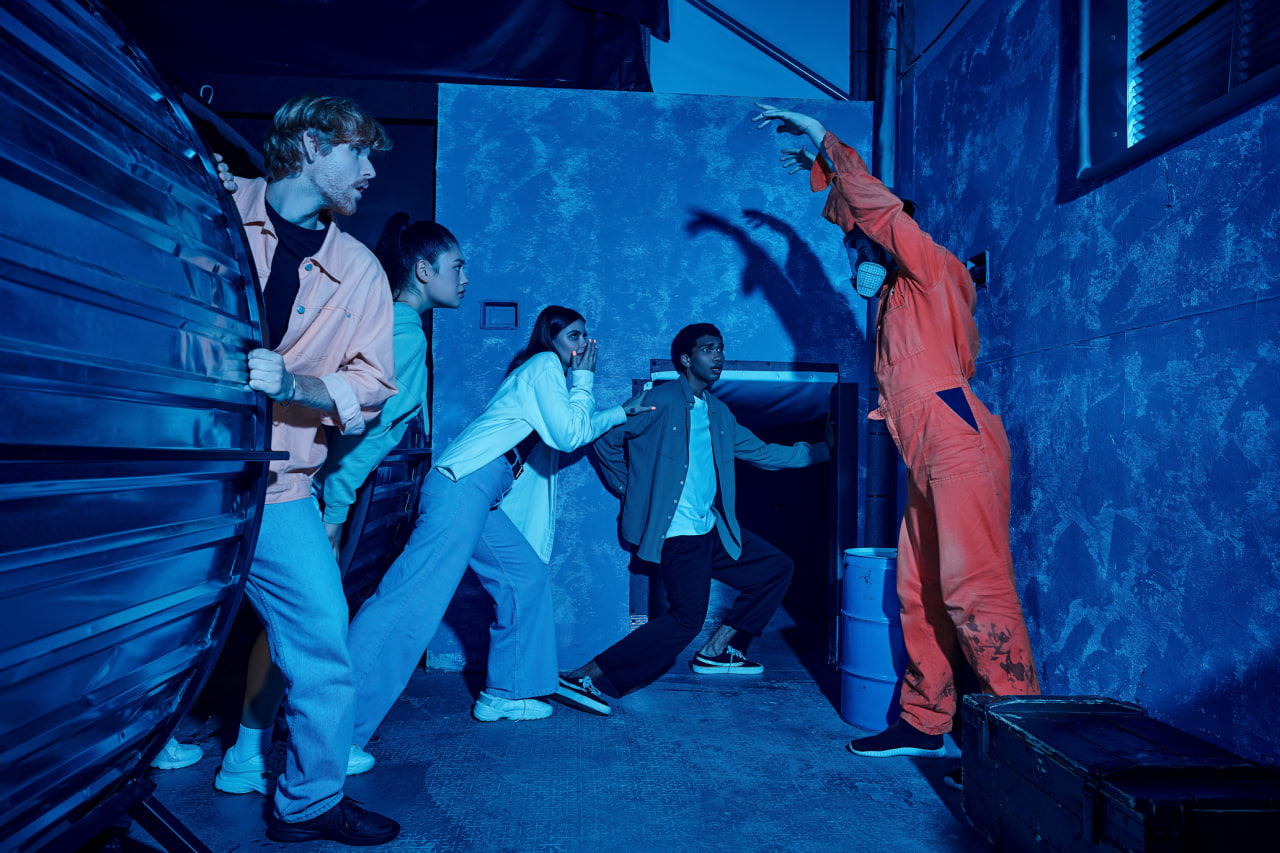Stage fright is one of the most common and natural challenges actors face, regardless of their level of experience. Even seasoned performers admit to feeling nervous before stepping on stage or in front of a camera. The fear of forgetting lines, being judged, or freezing under pressure can feel overwhelming. However, stage fright isn’t a sign that you’re not meant to act — it’s a signal that you care deeply about your performance. With the right mindset and tools, stage fright can be transformed from a barrier into a source of energy and focus.
Understanding the root of stage fright is the first step in overcoming it. At its core, it is a physiological response — your body’s fight-or-flight reaction to perceived danger. When you’re about to perform, your brain interprets the situation as a high-stakes event, triggering a release of adrenaline. Your heart races, your palms sweat, your breathing shortens. These reactions are not flaws; they are signs of a highly alert body preparing to take action. Instead of trying to eliminate them entirely, the goal is to channel that heightened energy into your performance.
One of the most effective ways to reduce anxiety is through preparation. Confidence grows from the ground of discipline. The more you rehearse your lines, understand your character, and practice your movements, the more secure you’ll feel when it’s time to perform. When your body and mind know the material well, it creates a solid foundation that can hold you steady even when nerves arise.
Another powerful technique is breath control. Anxiety often shortens and tightens your breathing, which fuels panic. Practicing deep, diaphragmatic breathing calms the nervous system and centers your focus. Before a performance, take time to ground yourself with slow, controlled breaths. Inhale through the nose for four counts, hold for four, exhale for four. This technique not only reduces physical symptoms of anxiety but also helps you mentally connect to the present moment.
Visualization is also a proven tool for building confidence. Mentally walk through your performance ahead of time. Imagine yourself entering the space, saying your lines clearly, connecting with your fellow actors, and receiving a warm response from the audience. The brain often responds to imagined experiences in similar ways to real ones, so practicing success in your mind can help it feel more achievable in reality.
Equally important is your internal dialogue. Negative self-talk fuels insecurity. If your mind is flooded with thoughts like “I’m going to mess up” or “I’m not good enough,” those beliefs can undermine your performance. Replace them with supportive affirmations like “I’ve prepared for this,” “I know this character,” or “It’s okay to feel nervous — I can still do great work.” Speak to yourself as you would to a trusted friend: with encouragement, not criticism.
Building stage confidence also involves shifting your perspective on the audience. Many actors fear being judged, but most audiences are rooting for you. They want to be entertained, moved, and inspired. They are not looking for perfection — they’re looking for connection. When you stop performing to impress and start performing to communicate, the pressure lessens and the joy of storytelling takes over.
Small, consistent exposures to performance settings can also help desensitize your fear. Perform in front of a mirror, a camera, a friend, a small group. Each time you step into the spotlight, you build emotional resilience and gain experience managing your nerves. What once felt terrifying begins to feel familiar and manageable.
Mindfulness practices, such as meditation, yoga, or journaling, can also be beneficial. These practices help increase self-awareness, reduce stress, and improve your ability to stay present — all of which are key to overcoming stage fright. The more grounded you feel in your body and mind, the easier it becomes to stay focused and emotionally connected onstage.
Support from others also plays a vital role. Being part of a supportive acting community, working with a coach who understands performance anxiety, or simply talking with fellow actors who share the same fears can be incredibly reassuring. You’ll learn that you’re not alone and that nerves are a normal part of the artistic process.
Most importantly, give yourself permission to grow. Confidence doesn’t arrive all at once; it builds over time through effort, courage, and experience. Every audition, rehearsal, and performance is an opportunity to stretch your comfort zone and strengthen your craft. Celebrate your progress, no matter how small, and recognize that every step forward is a victory.
Stage fright may never disappear entirely — and that’s okay. Even the most accomplished actors feel nervous. The difference is that they’ve learned how to work with their fear rather than fight against it. They’ve transformed that energy into something useful: presence, focus, and passion.

